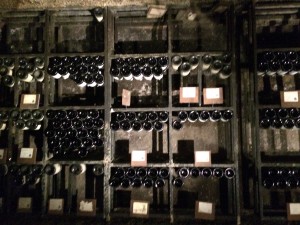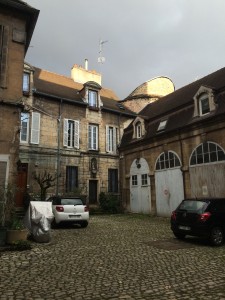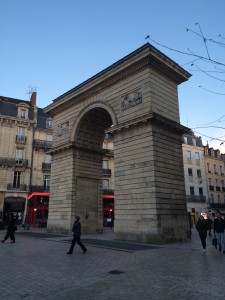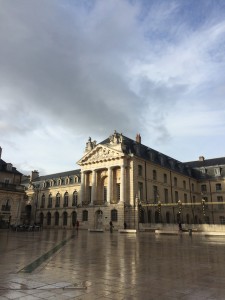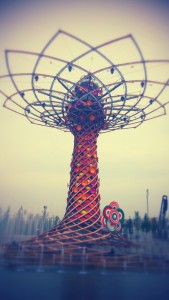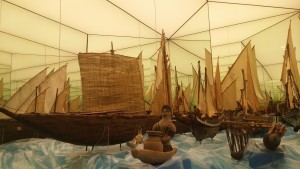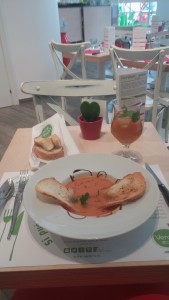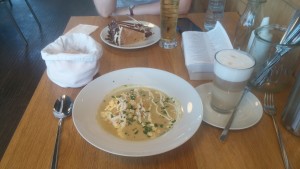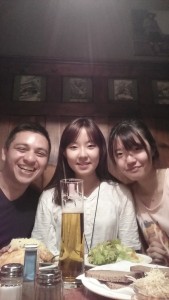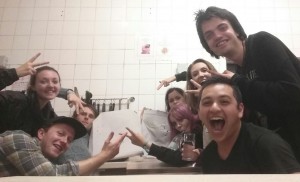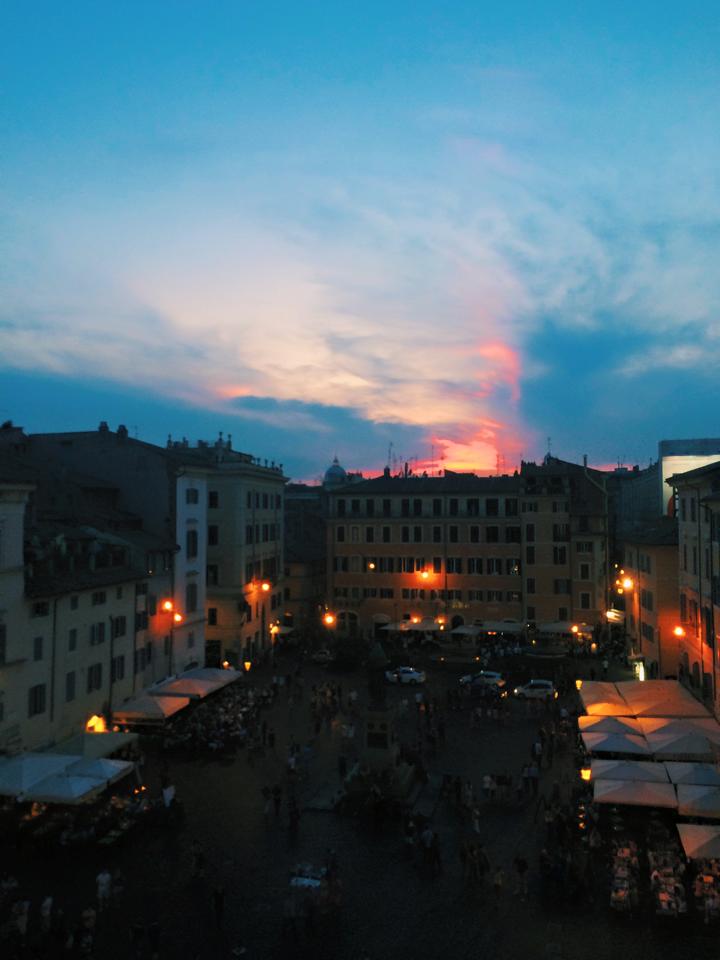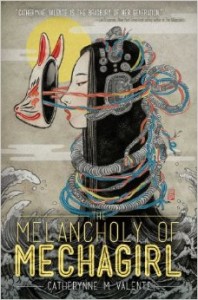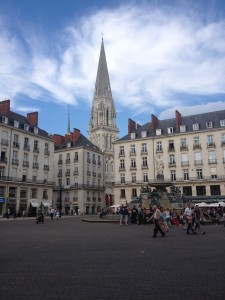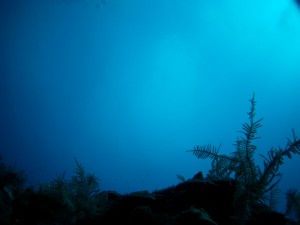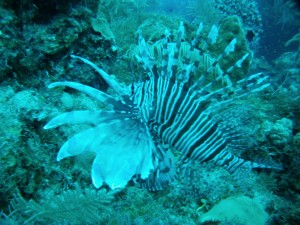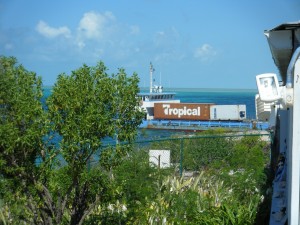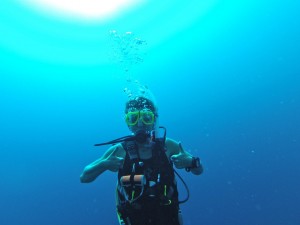Sitting on the stones outside the newly crowned Thomas Hall, Banji looked confused as I held up my phone, opened up the camera app, pressed record video, and began prattling off bits and pieces of the day. He glanced between me and the screen and added on details to my recollections. We informed the camera that Maya had wanted to buy four boxes of hot pockets (Banji took them out of her cart because, “She’ll die in a month of hot pocket consumption.”); about the death of Gabe’s phone and his Uber trip to Safeway for a last-minute temporary-replacement burner phone; and our failures in super gluing a car phone mount via a confusing messed up jar lid and Pringles can connection. Immediately after finishing the video, I sent it to Emily.
Long distance seems increasingly relevant in college. The beginning of each semester is met with hugs and how are you??? and I missed you and catching up on the peaks of the summer and the mundane everyday. The beginning of my sophomore year was met with friends moving into our Trimble suite all at once and immediate inside jokes and snapchats of hands up in the air captioned “REUNITED.” Junior year, in a way, has begun with a rockier start. Everyone is everywhere, busy around campus, and the best friends I’ve made at college are packing their suitcases to begin their respective semesters abroad.
There are gaps that need to be filled and the distance during those months can seem expansive. I’ve gotten in the habit of texting Emily every morning, sending her videos throughout the day, recapping everything that has happened, asking stupid questions, and letting the conversation ramble (a text a sent her last week: “tell me all of the hip 1996 baby names”).
While there’s still how are you and I miss you. It’s an I miss you and I wish you were here but it’s okay that you’re not and I want you to have a good time and tell me everything. It’s a tell me everything right as it’s happening and on a daily basis and then you not being here isn’t as sad. Conversations aren’t focused on I miss you but on stories of, “We’re in a restaurant right now and I see this guy I went to middle school with and I’m showing my mom photos of him on Instagram. She wanted to zoom in, so she double tapped it, and she just liked the photo.”
The videos fill the gaps of the mundane every day and insert the humor of bad sunburn lines and listening to the Shrek soundtrack; they are I miss you but it’s going to be okay.

